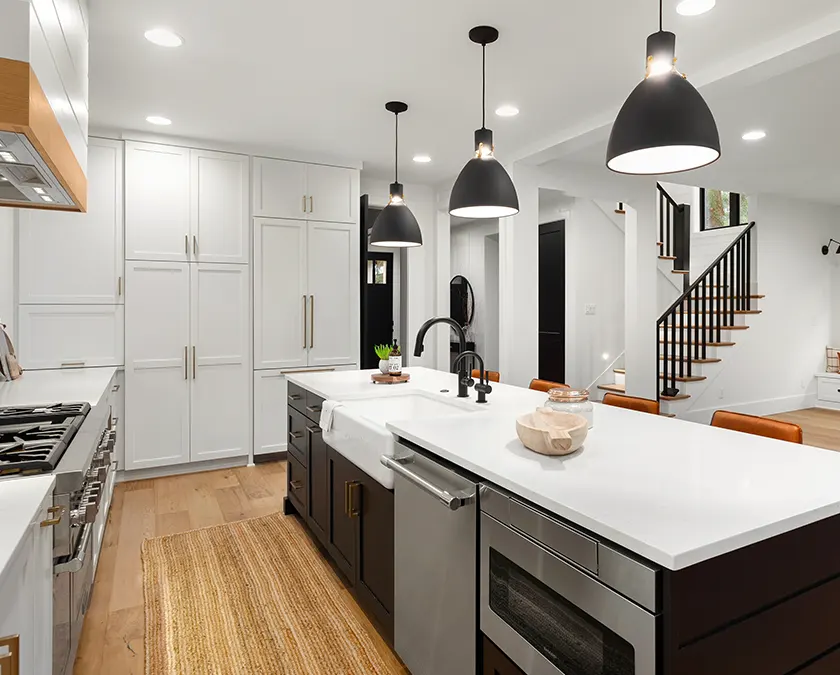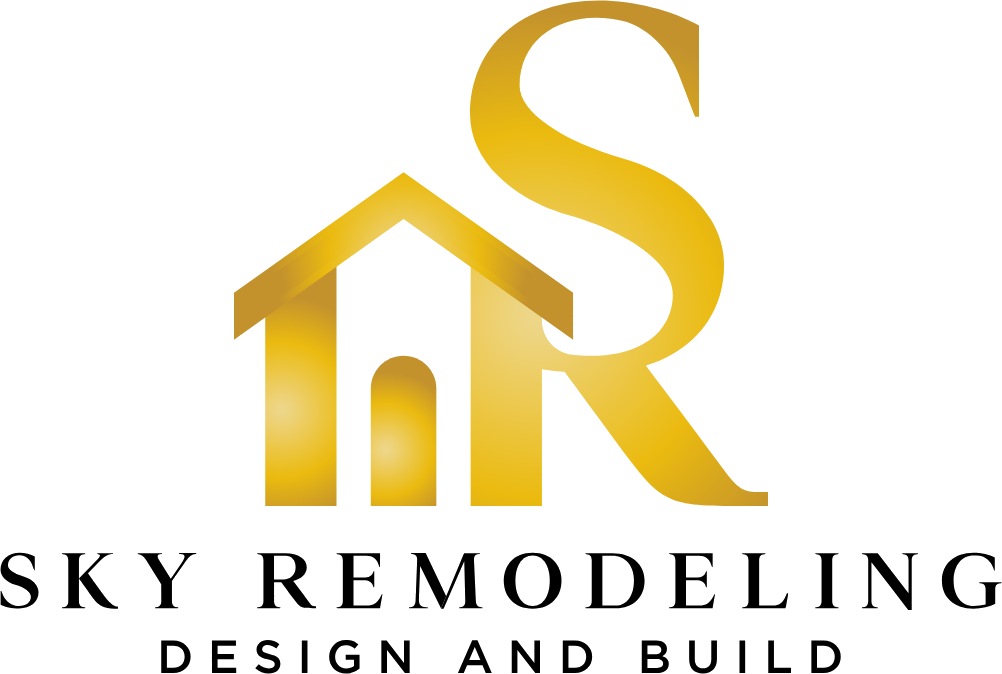Smart lighting systems for modern homes: enhance your living space
Smart lighting systems are revolutionizing the way we illuminate our homes. With technological advancements, these systems offer convenience, efficiency, and customization. Whether you are a homeowner looking to innovate your space or someone interested in energy savings, smart lighting systems promise to enhance your living experience.

Why Choose Smart Lighting for Your Home?
The appeal of smart lighting extends beyond mere illumination. They provide energy efficiency, remote control via smartphones, and voice-activated options. High-end kitchen renovation projects often incorporate these systems for a modern, seamless look.
How Does a Smart Lighting System Work?
At the core of smart lighting is a network of connected bulbs and fixtures, controlled via a hub. This hub communicates with your devices, allowing you to adjust brightness, color, and intensity. Explore modern kitchen styles at modern style kitchens for inspiration.
Key Components of Smart Lighting
The system comprises smart bulbs, hubs, and control devices. Integrating these components seamlessly is key to a functional smart home.
Benefits of Smart Lighting Systems
Energy Efficiency
One of the main advantages of smart lighting is its energy efficiency. These systems use LED technology, which consumes less power compared to traditional incandescent bulbs.
Customization
With smart lighting, personalization is easy. Adjust settings using mobile apps to create the perfect ambiance for any occasion.
Convenience and Accessibility
Control your lights from anywhere via smartphone apps. Voice-controlled options like Alexa and Google Home further enhance accessibility. French Country Kitchen Design ideas often incorporate these technologies for seamless integration.
Types of Smart Lighting Systems
Indoor Smart Lighting
Indoor systems include smart bulbs, lamps, and integrated fixtures.
Outdoor Smart Lighting
Use outdoor smart lighting for security and ambiance. These are weather-resistant and easily manageable from indoors.
How to Install Smart Lighting
Installing smart lighting is straightforward. Most bulbs screw into existing fixtures. Position the hub in a central location and follow setup instructions.
Common Components of Smart Lighting Systems
Smart Bulbs
These are the most common elements that integrate with existing fixtures.
Smart Switches
Install these to control normal bulbs, providing an inexpensive entry into smart lighting.
Smart Plugs
These control non-smart devices through your system, enhancing overall connectivity.
Smart Lighting System Integration
These systems integrate into overall smart home setups. They often work with voice assistants and smartphones, allowing full remote control.
Comparing Smart Lighting Brands
Several brands dominate the smart lighting market. Philips Hue, LIFX, and TP-Link offer different features and price points to suit varied needs.
Security Features of Smart Lighting
Smart systems improve home security. Control lights remotely or set them on timers to create an occupied appearance while away.
The Future of Smart Lighting Systems
As technology progresses, smart lighting will become even more integrated into everyday life. Ongoing developments mean improved systems for future homes.
Environmental Impact of Smart Lighting
Switching to energy-efficient smart lighting reduces your carbon footprint. These systems are an eco-friendly choice.
Cost of Smart Lighting Systems
Prices vary based on technology and brand, but long-term energy savings offset the initial investment.
Making Your Home Elegant with Smart Lighting
Smart lighting systems elevate the aesthetic appeal of any space, making it more pleasant and functional. Whether remodeling an area like the kitchen or making updates, these systems provide great benefits. Discover design ideas that integrate coastal luxury kitchen ideas to see how this technology enhances elegance.
DIY or Professional Installation?
While many systems are designed for DIY, professional installation ensures compatibility and optimal performance.

FAQs About Smart Lighting Systems
How do smart bulbs differ from regular LED bulbs?
Smart bulbs offer integrated communication with home networks and mobile apps, unlike regular LEDs.
Can smart lighting systems be hacked?
Although rare, taking cybersecurity measures like updating firmware and setting strong passwords minimizes risks.
What kinds of homes benefit from smart lighting?
Any home, regardless of style or age, benefits from upgraded lighting, with smart technology offering extra convenience.
This article contains affiliate links. We may earn a commission at no extra cost to you.
